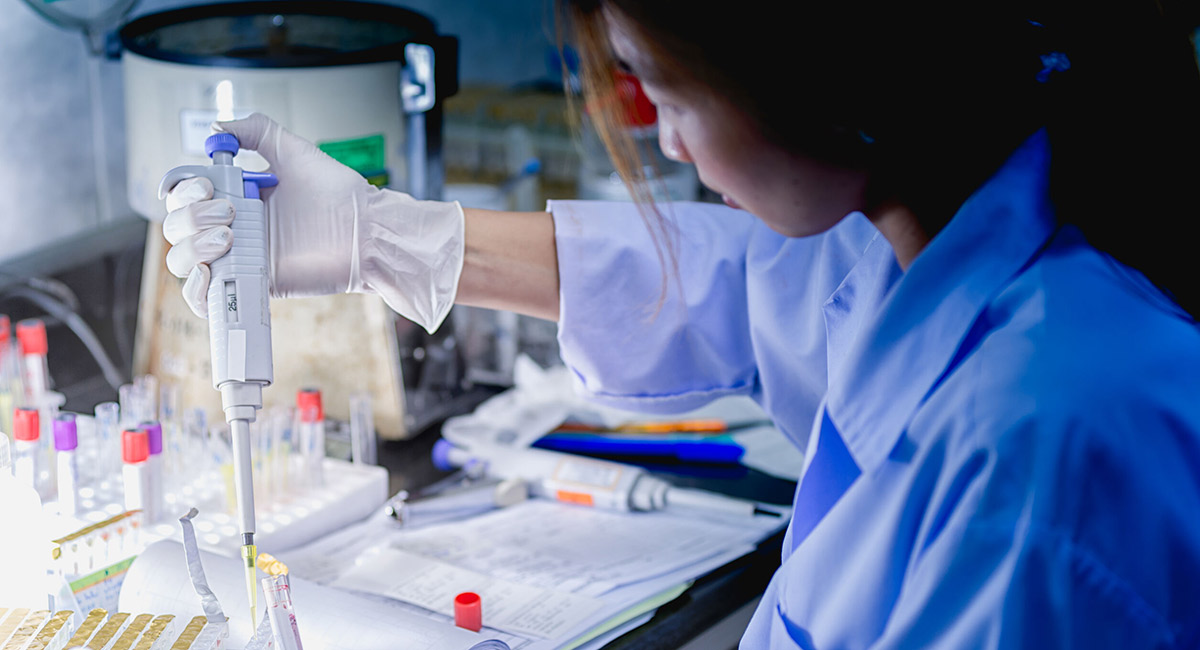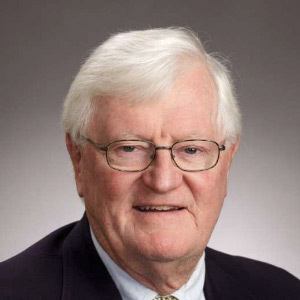The Wall Street Journal reported that drug companies are preparing for the new price controls the Biden administration wants. The Journal emphasizes that Biden’s proposal would be the “most significant expansion of government regulation of drug prices in decades.” Specifically, it “requires government to negotiate prices for some older high-cost medicines covered by Medicare. The bill also caps annual drug price increases at the rate of inflation.”
This all sounds wonderful, but it is not as it appears to be: Lives would be saved with price restrictions in the short run, but lives would also be lost in the future because research on new drugs would be reduced. How do we measure and judge the difference between lives saved and lives lost?
E. O. Wilson, in a timeless article published in the San Francisco Chronicle on May 5, 2002, presented the best case I’ve ever seen in defense of new drug cures and against price controls on drugs. Wilson is a former professor of biology at Harvard University and author of two Pulitzer-prize-winning books.
“Medicine,” he wrote, “is a domain that stands to gain enormously from the world’s store of biodiversity,” but “only a tiny fraction of biodiversity has been utilized in medicine.” There is, he continued, a “pharmacological bounty of wild species ... and all kinds of organisms have evolved chemicals needed to control cancer in their own bodies, kill parasites and fight off predators.”
I recall once traveling in a forest and my companion telling me that the bark on that tree was found to fight cancer. Who would have thought that possible? Wilson is telling us that there are literally millions of cures out there for us to find.
My point here is obvious. If drug companies are restricted by price controls, if they are not able to realize a meaningful profit, they will have no incentive to take risks and to invest prodigious sums of money in finding cures yet unknown. The 5 million to 100 million species that Wilson says are waiting to be discovered and which might hold the cure for Alzheimer’s or cancer or COVID-19 would remain largely untapped. This would be inhumane—not to us in the immediate present—but to our children and grandchildren.
The Tufts Center for the Study of Drug Development reports that the average cost of getting a drug through the Food and Drug Administration’s 10-year approval process is a staggering $2.6 billion. Pending drugs must undergo several clinical trials. Many drugs never get approved; drug companies drill many empty holes, as it were, but still must pay for the fruitless efforts.
I am the beneficiary of a miraculous drug. I suffered two heart defects that caused my heart visibly to pound in my chest cavity. I had difficulty breathing, and I was terrified. Then the miracle: One pill a day stopped the symptoms entirely. I have not had a single recurrence of the terror in the past 29 years.
That drug is now generic, costing me only pennies per day. But it was not always cheap; years ago it was expensive. It had to be that way because a drug company needed to take the risk and spend millions of dollars on research and development to create this miraculous medication—which serves millions of people. Government price controls on new drugs would be inhumane.
President Biden’s proposal would harm millions of patients down the road.








